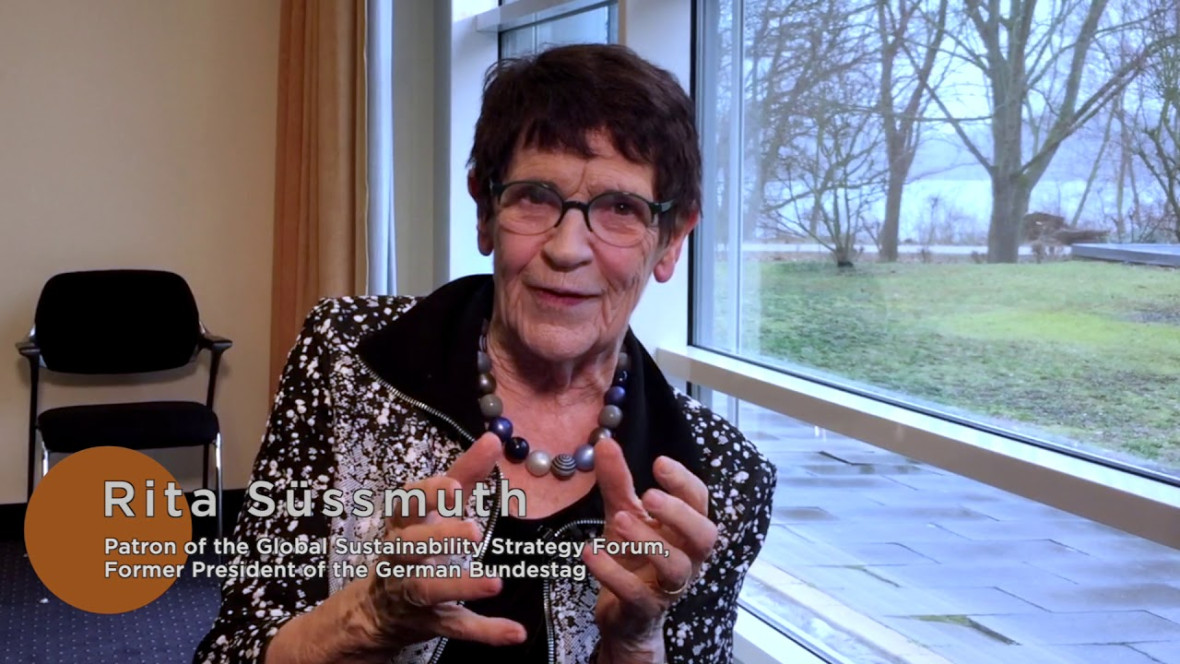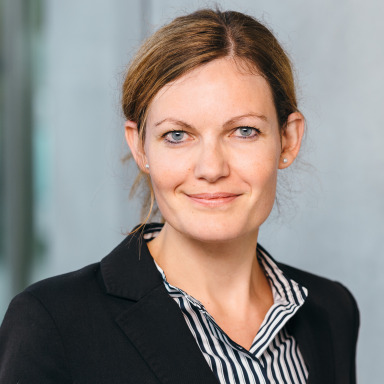How Science Has Become a Driving Force for Sustainability
22.07.2019

According to these scientists, our current reality is characterised by three major trends: globalisation, digitalisation and sustainable development. The interaction of these three, often mutually incongruous, trends will fundamentally change our current social, economic and ecological systems. Science has a twofold responsibility in this transformation. On one hand, it must shape research and education in order to strengthen interdisciplinary collaboration and the ability to solve complex systemic problems. On the other hand, it must work more intensively with representatives from the policy and practitioner communities, with business, civil society and the general public.
Bearing these challenges in mind, the authors have defined eight central tasks for science, which they describe in detail in the discussion paper. These range from a better understanding of the interactions between globalisation, digitisation and sustainable development to the creation of processes in which various actors jointly develop concepts for sustainable transformation and systemic approaches to the design of economic and political interventions.
In April, a delegation from IASS presented the results of the Forum at the Inland Department of the Office of the German Federal President. The core messages will also be published in the media and scientific journals. They will be further elaborated and broken down to the regional level for presentation at meetings between representatives of the Forum and those from politics, business and civil society later this year and at the second Global Sustainability Strategy Forum in October 2020.
Bai, X., Begashaw, B., Bursztyn, M., Chabay, I., Droy, S., Folke, C., Fukushi, K., Gupta, J., Hackmann, H., Hege, E.-b., Jaeger, C., Patwardhan, A., Renn, O., Safonov, G., Schlosser, P., Skaloud, P., Vogel, C., van der Leeuw, S., Zhang, Y. (2019): Changing the scientific approach to fast transitions to a sustainable world. Improving knowledge production for sustainable policy and practice. IASS Discussion Paper, July 2019. http://doi.org/10.2312/iass.2019.018
Media
Global Sustainability Strategy Forum

